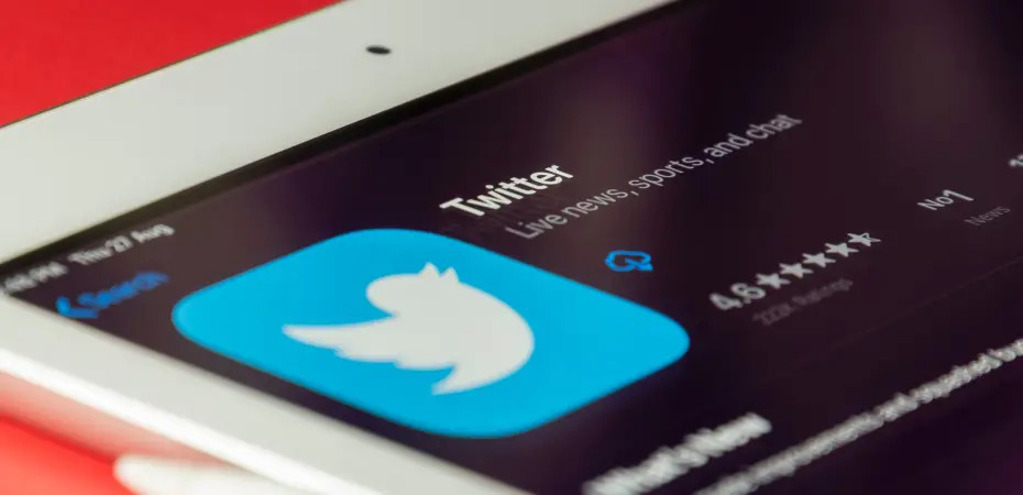Criticising the media landscape seems like an impossible feat because despite the apparent democratic accessibility of social media and the non-direct influence of big money interests on both social media and legacy media—the Overton window is narrower than meets the eye.
One of the most prescient sociological observations at the conjunction of media and politics since the Trump era comes from Angela Nagle’s Kill All Normies: Online Culture Wars from 4chan and Tumblr to Trump and the Alt-Right. Nagle observes that the post-Trump alt-right exhibits a mainstream media criticism that was once the hallmark of a late twentieth-century Left that had canonized Edward S. Herman and Noam Chomsky’s Manufacturing Consent: The Political Economy of the Mass Media.
For the New Right, alternative channels on social media became the hopeful form rising from the ashes of a mainstream media that was now considered corrupt and partisan to the bone. Media conglomerates like The Daily Wire keep accruing millions of subscribers on YouTube and have turned into their own alternative media empires, with lots of right-wing money pouring their way from think tanks and special interest groups that like the ideals of capitalism, Judeo-Christian values, and the traditional family that are put forward by these alternative creators.
When one of the largest left-wing alternative media outfits in the world, The Young Turks, published a piece about Shapiro’s right-wing donors, Shapiro responded defensively:
“‘I’ve never met the Kochs, DeVos[es], Mercers, Rauner, Uihlein, or Marcus, and I’ve only met members of the Bradley family and Freiss in passing,’ Shapiro told TYT. “Not a single one of these people, or any of our funders at Daily Wire, have ever exerted an iota of editorial control. My opinions are my own, and they’ll stay that way.’”
Of course no one believes that Shapiro’s donors storm into the front doors of The Daily Wire’s HQ and demand certain content be published. The point is that the copious funding that’s shoveled in the direction of right-wing media is going there because they like that the content being put out by these channels upholds the fact that these institutes and billionaire individuals can and should have copious amounts of money.
The reason it’s concerning that Jeff Bezos bought The Washington Post is not because of some fantasy scenario where his signature is now required for any story to make it past the cutting room floor, it’s that the hoops that one has to jump through to be employed at that workplace likely guarantee a fairly homogenous workplace opinion around the existence of billionaires and unfettered capitalism.
On social media the issue gets even trickier.
Last year Elon Musk, the richest man in the world, purchased Twitter and became its sole CEO. While committing himself to being a “free speech absolutist” similar issues around what is acceptable and not become muddied. For example, The Intercept’s Ken Klippenstein tweeted out a video that was circulating of a Tesla on auto-pilot causing a massive pile-up due to a computing error, Klippenstein’s account was subsequently shadow banned for a few days. While it hasn’t been confirmed why he was banned — it was possible that it was just one of a bunch of issues that Twitter was experiencing with Musk’s light overhaul — the uncertainty presents just one of a series of issue arising out of one extremely powerful person having the ability to watch over and vet the content of what is effectively one of the globe’s largest town squares.
Even more glaring issues around media manipulation and freespeech from the quasi-monarchical structure of Twitter became evident with the Twitter Files: a series of internal communication logs between Twitter staff and the United States government around monitoring political content and certain accounts. The Files were meted out by handpicked journalists chosen by Musk and his team, such as Bari Weiss and Matt Taibbi, and they mainly focused on how right-wing platforms were shadowbanned, being unquestioning of the extent by which the content might be filtered. While there were undoubtedly concerning aspects of the Files like the daily interactions between the security state and Twitter, the “reporting” that journalists did with their allotted file dumps were lazy.
Steven Bonnell, A.K.A. Destiny, used his Twitch platform to talk to three journalists who published different iterations of the Twitter Files. Destiny grilled them for not doing their due diligence and being skeptical about whether what they received was preformulated.
Herein lies the issue of the Overton window with social media and media at large. Everyone has their political leanings, and big money interests will always lean a certain way politically. No one points a gun at media workers to write exactly what they want but the massive monopolization of media by the ultra-rich means we structurally don’t have democracy on these platforms.


